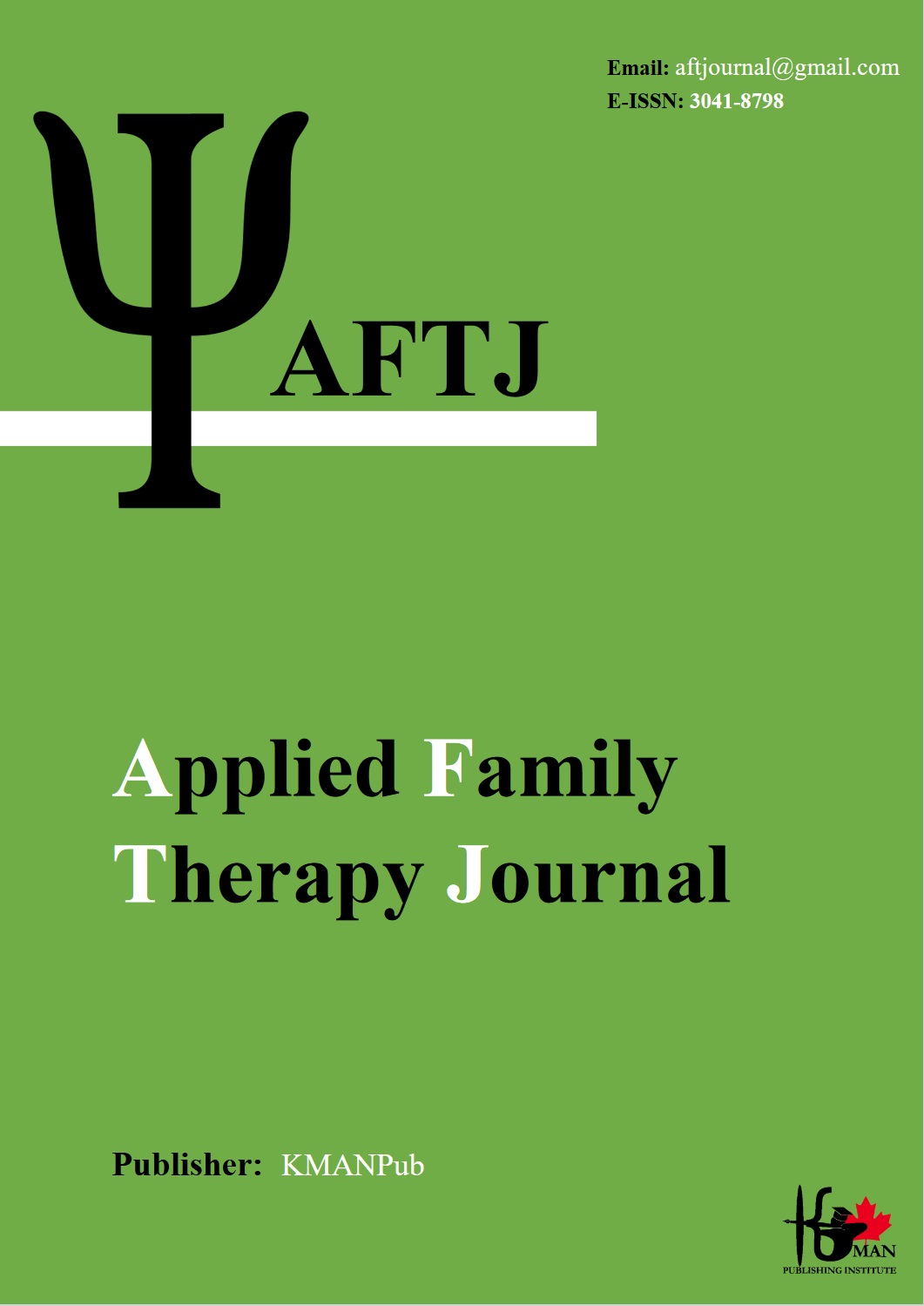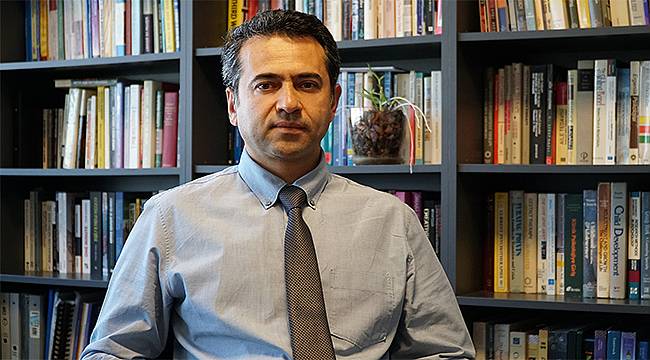The Effectiveness of Life Skills Training on Anger Management and Resilience in Adolescents
Keywords:
Life Skills, Anger management, ResilienceAbstract
Aim: This study aimed to determine the effectiveness of life skills training on adolescents' anger management and resilience. Method: This quasi-experimental study was performed with experimental and control groups and pre-test, post-test design with a one-month follow-up. The statistical population was female students referred to the West Tehran Education Counseling Center in the academic year of 2017-18. After screening, a sample of 30 people was randomly selected and replaced in experimental and control groups. The Life Skills Training Program provided by WHO (1998) was conducted in 10 sessions 90-minute as a group for the experimental group, and the control group was placed on a waiting list. Both groups responded to the State-Trait Anger Expression Inventory (Spielberger, 1999) and the Connor-Davidson Resilience Scale (CD-RISC) (2001) before and after the experiment and were reassessed after one month. The repeated-measures ANOVA was used to analyze the obtained data. Results: The results showed that life skills training significantly reduced anger (F = 6.04, p = 0.02). This training significantly increased the resilience rate (F = 13.95, p = 0.001) in students, and these results were stable in the follow-up phase. Conclusion: Life skills training can be considered an effective way to strengthen and increase students' anger management and resilience.
Downloads
Downloads
Published
Issue
Section
License
Copyright (c) 2020 Sakineh Poursalman , AliAsghar Asgharnejad Farid (Author)

This work is licensed under a Creative Commons Attribution-NonCommercial 4.0 International License.























